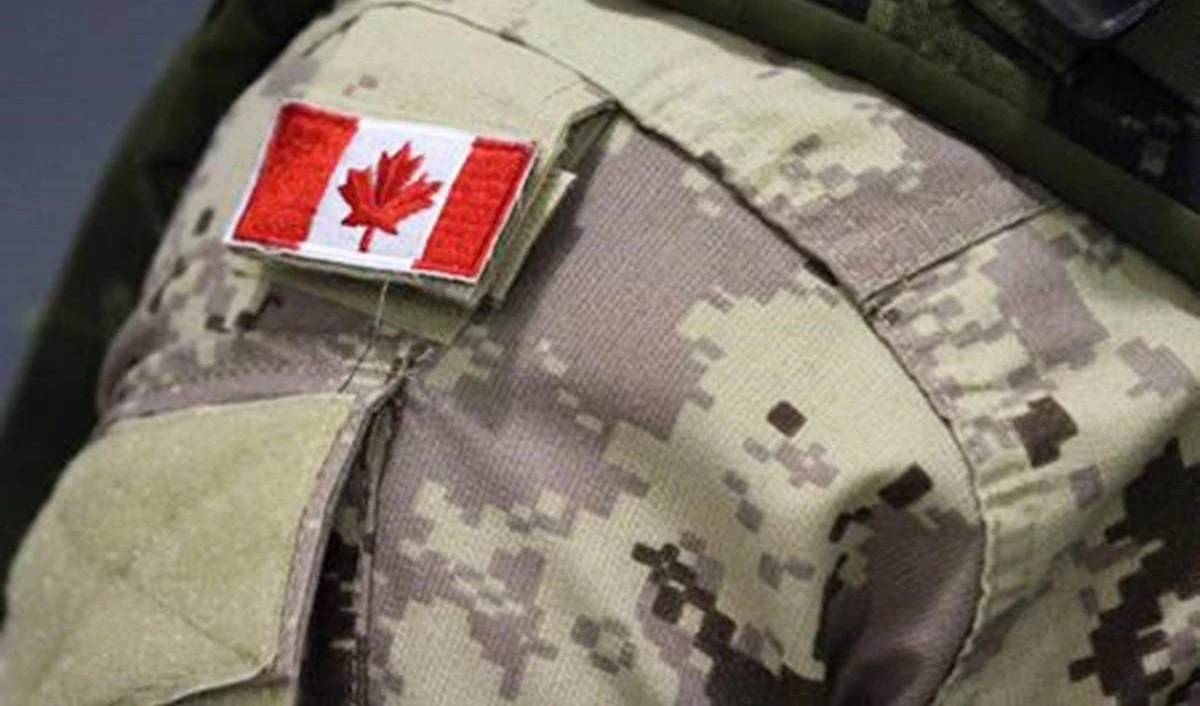Canada plans to increase military presence in Indo-Pacific
This is likely to further aggravate the balance of power in the region as the West has recently instigated a series of provoking moves against China.
-

Canada's Defense Minister, Anita Anand
Canadian Defense Minister Anita Anand said on Friday that Canada plans to increase its military presence in the Indo-Pacific as part of a strategy to promote peace in the region.
"Our strategy will position Canada as a leader in promoting peace and security in the region," Anand said at the Halifax International Security Forum.
"We will increase our military presence and enhance our defense and security relationships with partners and allies in the region."
This is likely to further aggravate the balance of power in the region as the West has recently instigated a series of provoking moves against China.
On November 10, Canada's Foreign Minister Melanie Joly says Canada opposes unilateral actions undertaken by China and characterized the country as "increasingly disruptive," adding that Beijing seeks to alter the global environment.
Joly further stated that Canada will continue to stand against China's unilateral actions that have threatened the Taiwan Straight status quo, but will continue to cooperate with Beijing on matters of global health, nuclear non-proliferation, climate change, and biodiversity.
Last month, several Canadian officials visited the island of Taiwan in a bid to further provoke China.
The Chinese embassy in Canada condemned the move taken by Liberal legislator Judy Sgro and other members of the "Canada-Taiwan Parliamentary Friendship Group" that started in a statement provided to The Globe and Mail earlier last month.
“China has consistently and firmly opposed any form of official exchanges between the Taiwan region and countries having diplomatic ties with China,” it said, adding that the visit “blatantly violates the one-China principle, grossly interferes in China’s internal affairs and sends a seriously wrong signal to the ‘Taiwan independence’ separatist forces.”
Read more: China: US sending 'very wrong, dangerous signals' on Taiwan
On September 20, the US Navy's 7th Fleet issued a press release that stated that a USS Higgins and a Canadian HMSC Vancouver transited the Taiwan Strait.
"The ships transited through a corridor in the Strait that is beyond the territorial sea of any coastal State," it claimed, completely disregarding the fact that the term international waters does not apply to the Taiwan Strait as per a Chinese spokesperson.
Following this provoking move, the Chinese armed forces remained on high alert until the following day.
The strategic term "international waters" has been widely used by the US and its allies to effect serious provocations against China.
In a press conference on June 13, Foreign Ministry Spokesperson Wang Wenbin said, "The Taiwan Strait ranges in width from about 70 nautical miles at its narrowest and 220 nautical miles at its widest. According to UNCLOS and Chinese laws, the waters of the Taiwan Strait, extending from both shores toward the middle of the Strait, are divided into several zones including internal waters, territorial sea, contiguous zone, and the Exclusive Economic Zone. China has sovereignty, sovereign rights and jurisdiction over the Taiwan Strait. At the same time, it respects the lawful rights of other countries in relevant waters."
He added that "there is no legal basis of 'international waters' in the international law of the sea. It is a false claim when certain countries call the Taiwan Strait “international waters” in order to find a pretext for manipulating issues related to Taiwan and threatening China’s sovereignty and security. China is firmly against this."
Read more: China, Vietnam agree to work on settling South China Sea dispute

 4 Min Read
4 Min Read










